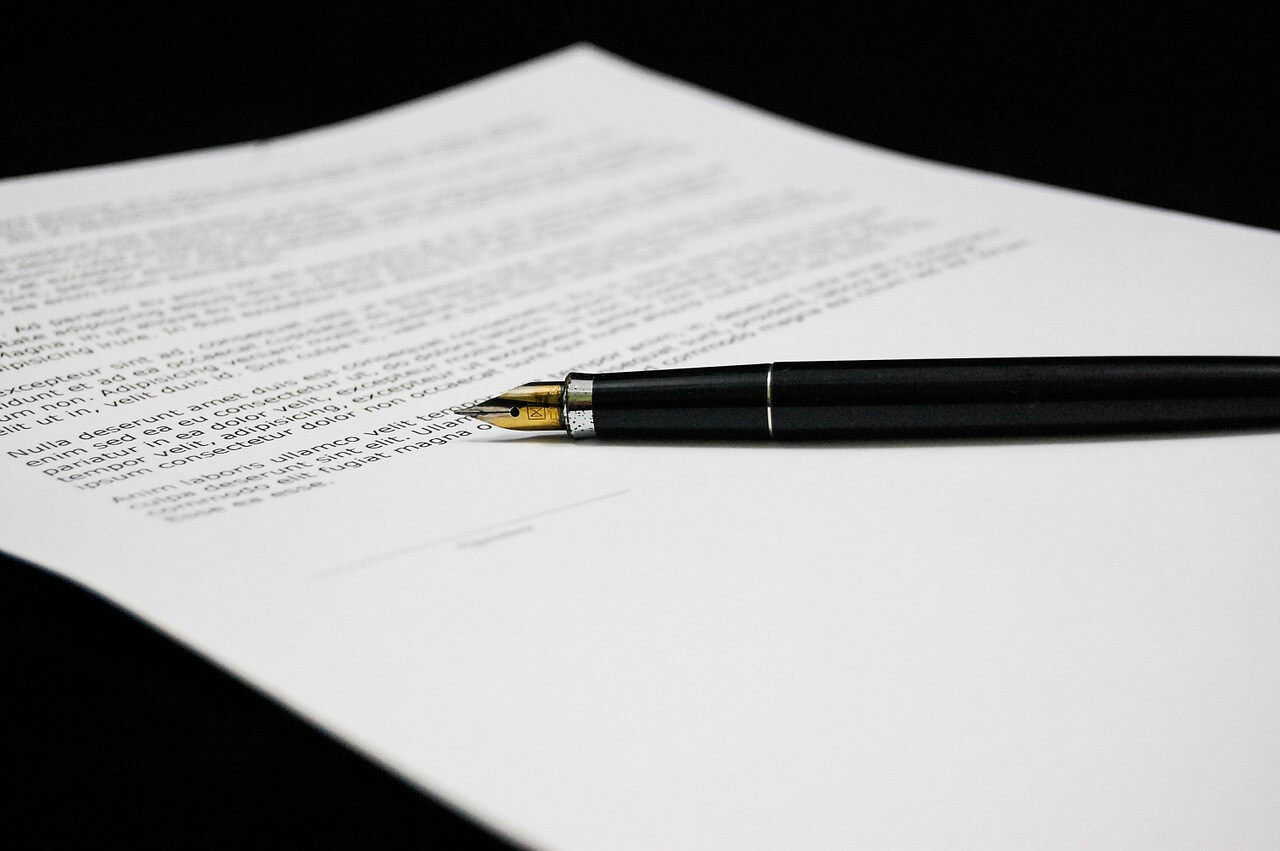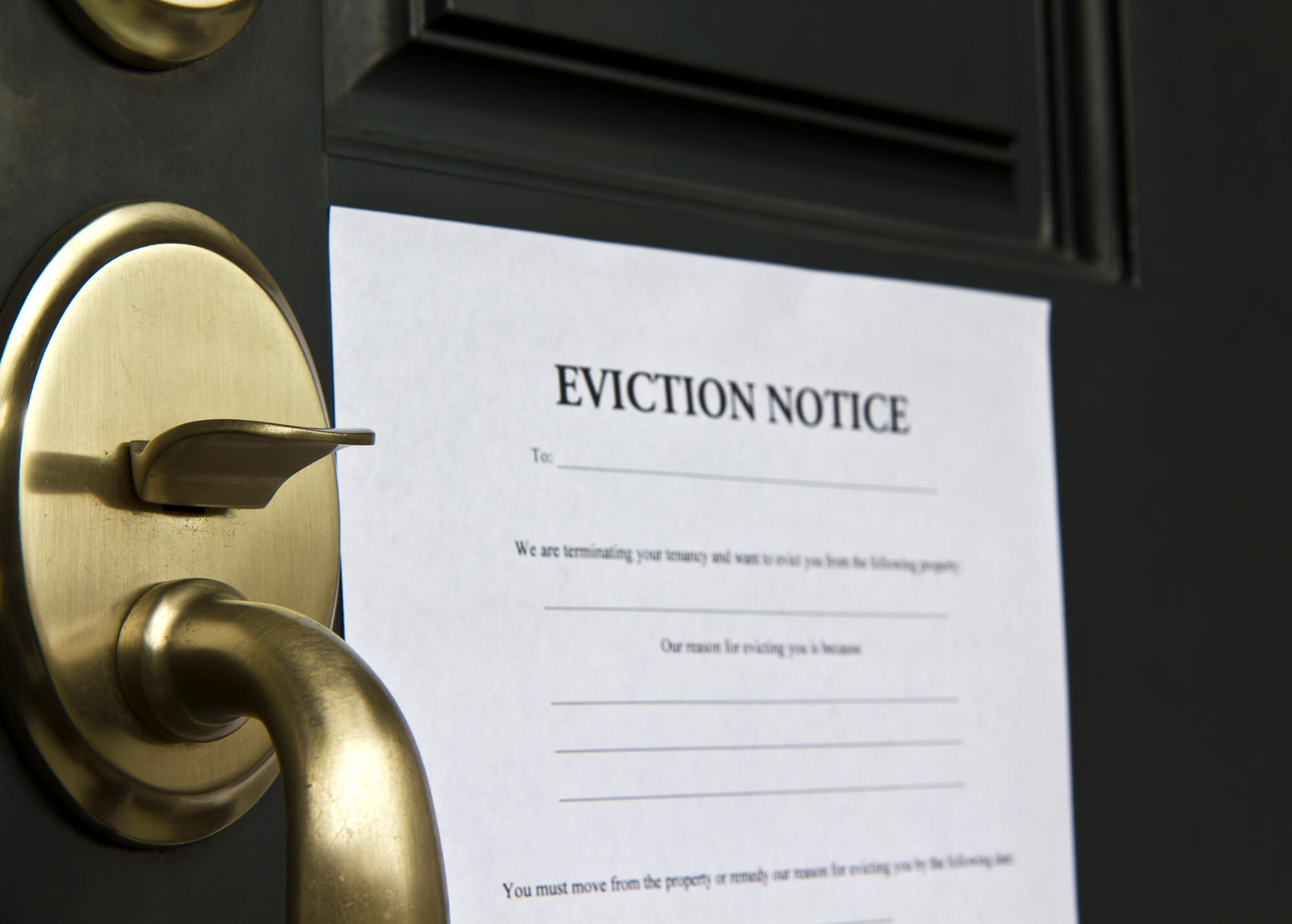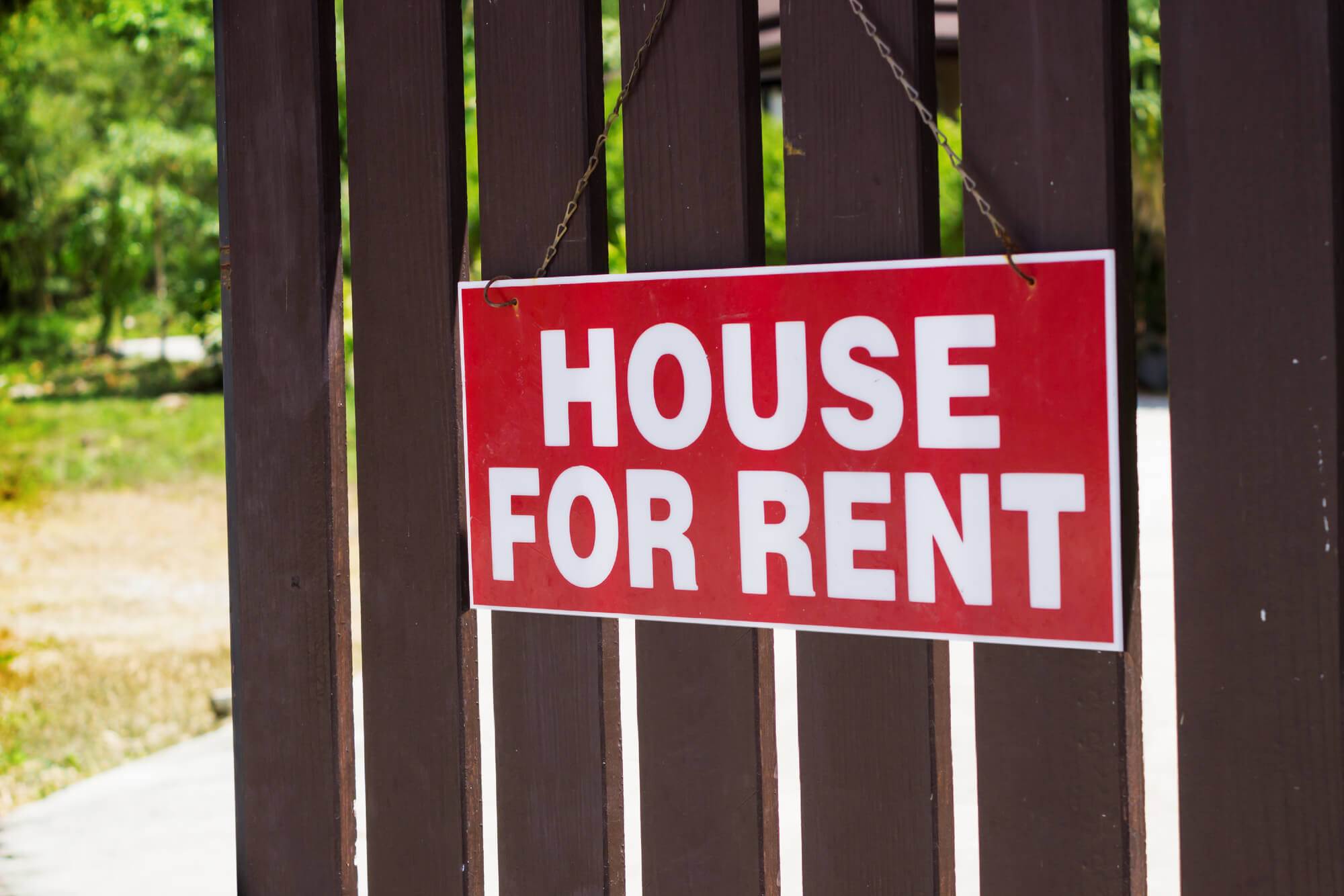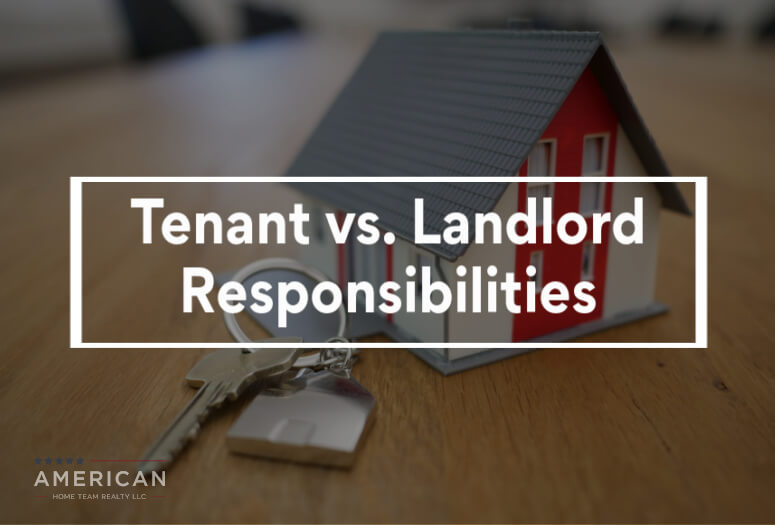Being the owner doesn’t mean creating your own rules.
Here are some of the most important landlord responsibilities in Florida.
Being a successful landlord means knowing how to be both gracious (so good tenants will renew their lease) and fair (so less-than-ideal tenants don’t take advantage of you). But above all, it means following the laws that govern the landlord-tenant relationship.
Laws that govern both you and your tenants.
Under Florida law, both landlord and tenant are bound by certain obligations. As the property owner, it is the landlord’s responsibility to understand not only their own duties, but those of their tenants as well.
Having a good understanding of each of your roles will pave the way for a lasting, harmonious relationship.
Landlord Responsibilities
Being a landlord places you in a position of authority, but this does not mean you can make your own rules. Florida law requires that landlords adhere to strict standards of fairness and equity.
Here are just some of the landlord responsibilities you must abide by in Florida.

1. Lease or Rental Agreement
While not required by Florida law, having a written lease or rental agreement is something you should never skip. A well-written lease agreement holds you and your tenants accountable to the same set of rules and prevents confusion in the event of a dispute.
This is where you can start to exercise some control over what your tenant is responsible for and what you are responsible for. However, it’s important to note that the law will always take precedence.
If you include clauses that interfere with your tenants’ rights under the law, they are not required to abide by them. For example, your tenants have the right to (respectfully) display an American flag, even if you include a clause in the lease that prohibits it.
2. Rent & Deposit
Tenants aren’t the only ones who have to abide by rent-related laws.
For example, are you aware that it’s illegal for landlords to raise the rent out of discrimination or retaliation? This means you cannot raise the rent to either “get back at” a bad tenant or keep a certain type of person out of the property.
Discrimination against another person based on race, color, ethnicity, sexual orientation, age, religion, disability, or any other protected class is against the law.
Similarly, there are also laws surrounding funds other than monthly rent payments. If a tenant pays a deposit or advance rent, the landlord must keep it in a separate account and (if it generates interest) pay the tenant 75% of any earnings on this amount.

3. Habitable Housing
Nearly every state in the country has adopted the concept of “implied warranty of habitability.” It sounds like legalese, but this doctrine simply states that landlords are responsible for keeping the property in a livable condition.
This means adhering to existing building, housing, and health codes and doing any necessary repairs or maintenance to keep it that way.
You can include a clause in the lease that tenants are responsible for replacing light bulbs and regular cleaning, but things like broken windows, HVAC repair, roof leaks, and structural issues fall under your management.
4. Tenant Relations
As the owner of the property, you have a lot of control over how it’s managed, including who you choose to occupy it. But this does not mean you can treat your tenants any way you like.
For starters, discrimination is never okay. Whether you are setting rent price, choosing an occupant, charging security deposits, or fine-tuning lease conditions, it is unlawful to show bias or preference toward someone based on a protected class.
Landlords must also respect their tenants’ privacy by giving at least 12 hours’ notice before entering the property (for a non-emergency reason).

5. Eviction
Tenants have rights as well (more on that in the next section), which means that landlords may not evict a tenant without cause. And—you guessed it—there are laws that specify the legal causes and methods of eviction.
For example, if you start eviction proceedings against your tenant for nonpayment of rent, you must drop those proceedings if the tenant pays in full. And even if they cause intentional damage to your property, you must give them seven days to leave before starting the eviction process.
Tenant Responsibilities
Similarly, tenants are also upheld to certain legal obligations.
Whereas landlords must give tenants notice before entering the property, tenants must allow their landlord to inspect the premises periodically and not “unreasonably withhold consent.”
Tenants must also refrain from unreasonably disturbing their neighbors, whether that be with noise, harassment, or other annoying activity.
When it comes to the property itself, tenants are also legally required to maintain cleanliness in those areas of the building they occupy and operate all appliances (including plumbing, electrical, and HVAC systems) responsibly.
Normally, tenants are responsible for repairs when they caused the damage, but smaller, routine maintenance can be written into your lease agreement.
Common examples of maintenance that may sometimes fall on tenants are:
- Lawn care
- Pest control
- Cleaning gutters
- Pool maintenance
If you want your tenants to be in charge of changing light bulbs, for example, you can specify that in the lease.

When In Doubt…
If there is an active rental agreement, consult it whenever you are in doubt about what is considered a tenant’s or landlord’s responsibility. As a legal document, your rental agreement will determine what each of you are responsible for.
If you are writing up a lease agreement, remember to be as thorough as possible. There is no way to know what issues and disputes are going to arise during the tenancy and it is much better to set up expectations ahead of time than it is to learn from your mistakes.
Work with an attorney to write or review your lease agreement to make sure that it complies with the law and covers all necessary areas.
Last, but not least, consider hiring a property manager. Having a knowledgeable, full-service property management company like American Home Team Realty can help with much of the day-to-day stresses of being a landlord.
Aside from the legal obligations, landlord responsibilities involve rent collection, rule enforcement, coordinating routine and emergency maintenance, bookkeeping, customer service and endless others. But with a professional team on your side, you can rest easy knowing that all of these duties are being looked after.
Curious to learn more? Contact us today to see how we can contribute to your goal of a truly passive income.


